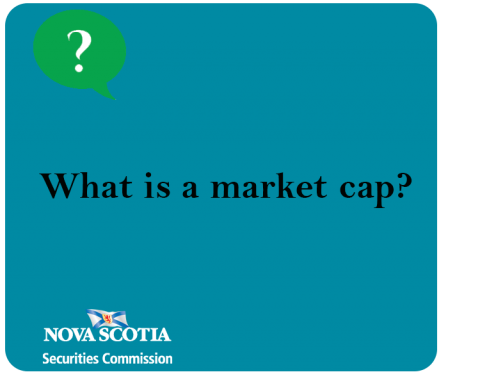Submitted by nsscadmin on

Last week Facebook made business news headlines after a colossal decline on the New York Stock exchange saw its share price fall by nearly 20 per cent in one day. Throughout the media coverage and the headlines two words that were continually used were “market cap.” So, what is market cap?
Market cap, or market capitalization is the total value of all a company’s shares. It is determined by multiplying the price of a share by the total number of outstanding shares. For example, a company with 50 million shares valued at $50 each would have a market cap of $2.5 billion.
The purpose of a market cap is to help investors measure what a company is worth on the open market. It also offers investors a way to compare the size of one company to another.
Market cap is typically divided into large-cap, mid-cap and small-cap companies. Large-cap companies has a market cap of $10 billion or more. A mid-cap company has a market cap of $2-$10 billion. A small-cap company has a market cap between $300 million and $2 billion.
As we saw with Facebook last week a significant change in a company’s share value can have an equally significant effect on their market cap. With Facebook a near 20 per cent drop in their share price caused their market cap to drop from $629 billion to $510 billion, the biggest single-day decline in history.
